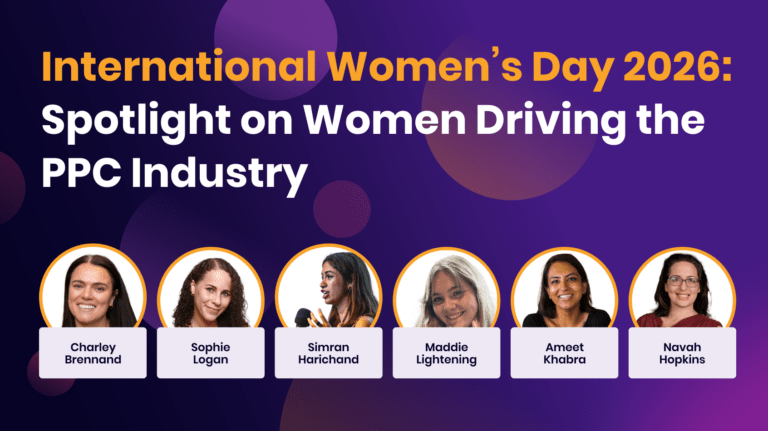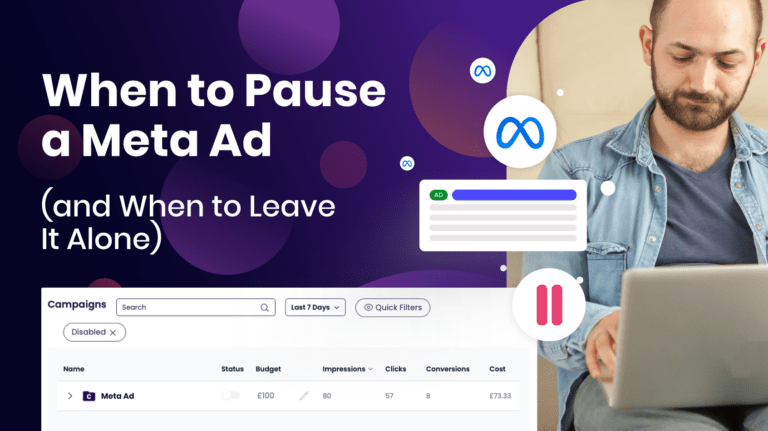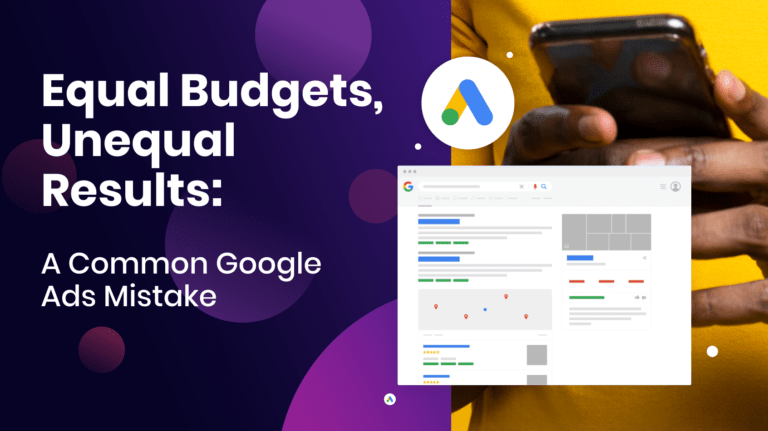TL;DR
- Advertising your business online is a great way to bring new customers through your door. We’ve got a list of the 5 quickest ways to get started.
- For trade businesses, you need to get listed on online directories, like CheckATrade.
- Build authority and trust, by stating social media profiles and begin blogging on your own website.
- Get your business to the top of Google with SEO and draw more eyes to your business with Newsworthy PR stories.
More and more businesses are using online advertising to get new customers through their doors.
And why wouldn’t they? Online advertising is projected to make over $20bn (approx. £15bn) in revenue in 2020.
But there are many advertising platforms and it can be tough to know which or how many to use.
And, let’s face it, you simply don’t have time to test them all.
Which brings us on to today’s question:
Dear Adzooma,
Our family has owned our trade company for the past 40 years. We’re a proper part of the local community and have mostly got new customers through word of mouth.
But that doesn’t seem to have the power it used to back in my dad’s day. I want to bring in some fresh customers into the business and put us on the same map as the new trades people who are getting customers online.
We know we’re better than most of the other tradespeople in the area. But we’re losing out because people can’t find us online. That’s why we need to get set up as quickly as possible.
So, what is the easiest way to promote my business online?
Mitch
You’ve come to the right place, Mitch.
With all my years in the industry, I know what works and what doesn’t. I’ve done the testing for you, so you can jump straight into the benefits of online advertising.
Here are 5 free, quick, and easy ways you can promote your business online.
1. Use online listing directories
Remember the Yellow Pages? Those massive yellow books that listed businesses run by every Tom, Dick & Harry in your area.
Well, before they rebranded as Yell, people relied on them to find services in their area – plumbers, electricians, builders, carpenters, you name it.
The Yellow Pages are no longer distributed, but online listing directories run under the same principle. Only now they’re quicker and more convenient to use.
Local business listings are some of the easiest ways to solve potential customers’ problems.
This is particularly useful for trade industries.
Take CheckATrade for example.
With over 12 million businesses listed on the website, CheckATrade is one of the most trusted online directories for finding tradespeople within the UK.
That’s because it doesn’t just list your business. It provides a place for people to rate the company and leave reviews, which a lot of people will check before they call.
This ensures that the companies are reliable, fully qualified, and do a good job.
Essentially, they help build trust which leads to repeat custom.
CheckATrade is perfect for exposure and as an invaluable tool for gaining customers for free.
Other local listing services to consider
- Google My Business – promoting your business here means you appear on Google searches on the right-hand side of a results page (see Adzooma as an example).
- Yahoo! Small Business – Yahoo! recently had a rebrand but much of their features remain the same, including Yahoo! Small Business. The bad news this is for US businesses only and there’s no UK alternative. But if you’re from the US, you have the opportunity to join a major database of local businesses
- Bing Places for Business – Microsoft’s local listing service acts in the same way as Yahoo! and Google by allowing local business owners to promote their services on Bing’s network. They can also add and verify up to 10,000 business listings.
2. Use social media
With billions of active worldwide users, social media is one of the best ways to expand your reach and create free awareness for your brand.
But social media isn’t just for brand awareness. It’s a fantastic network to build relationships with consumers and strengthen customer loyalty.
That’s because the majority of users on social media are active users.
They’re posting their own content online, interacting with people, and constantly checking the apps on their phones. In fact, 74% of Facebook users visit the website every single day.
If that’s not enough to want to join in, then know this:
Businesses on social media have improved their ROI (Return On Investment) by 119%.
Before you dive in headfirst, here are some top tips to follow:
- Don’t use every platform available. Stick to the ones you know and the ones that your customers are actually using. That means you don’t necessarily have to be on Facebook, Twitter, and Pinterest.
- Be careful with hashtags. Not every platform uses hashtags in the same way, so do your research. Buffer wrote a scientific guide to hashtags. #Success. #NailingIt.
- Post relevant content. Make sure your content is on-brand and provides value to your followers.
- Use high-quality images. Images improve engagement – but only if they’re good ones. Don’t use cheesy stock photos or low-quality images or you’ll ruin the reputation of your brand. And use GIFs sparingly.
- Schedule your posts for the best times. Don’t just post whenever you feel like – post when your customers are online for maximum engagement.
- Stay active online! Don’t post one update and leave for 3 months or your customers might think you’ve gone out of business. Keep your profiles active and always respond when people interact with you. Services like Buffer and Sprout Social can help with scheduled social media updates.
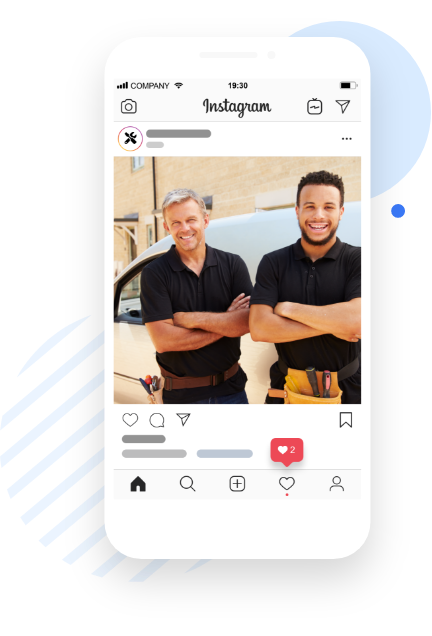
Not sure how much to spend on social media? Don’t worry – I’ll be writing about where to spend your social media budget soon!
3. Start blogging
If you’ve read any marketing articles over the last two decades, you might have seen this phrase a lot:
‘Content is king’
Bill Gates said it in 1996 and it’s true.
But not just any old content. Just like your social media updates, it needs to be relevant and serve search intent. Blogging is a great way to to do that by writing about relevant topics that your customers will find useful. This includes topics that answer common questions in your niche and solve problems related to your industry.
Make them engaging with titles that create curiosity and convince people to read.
Struggling with inspiration? Here are a few to get you started:
- 10 Easy Ways To Make Money Online
- How To Install A Roof Window In Just 9 Minutes
- The 3 Summer Must-Haves You Need In Your Wardrobe
- Are You Making This Costly DIY Mistake?
- The 100% Guaranteed Way To Tell If Your Cat Is Trying To Kill You
You don’t have to just write blog posts for your own website either.
Want extra advertising? Create a high-quality guest post on someone else’s blog that your customers are likely to read. There, you’ll have an extra source of traffic to lead back to your own website. For more on this practice, read our article on backlinks.
Don’t forget – your blogs also make great social media posts.
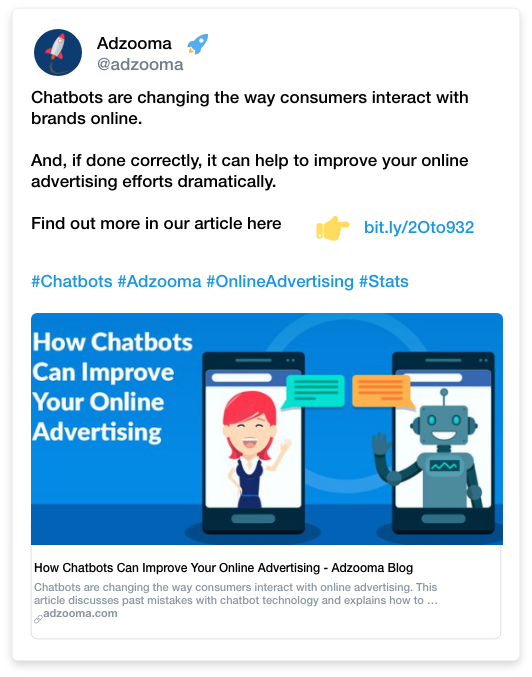
4. Understand SEO
SEO (Search Engine Optimisation) is the process of getting your website into search engines. When people search for things, you want to be on the first page.
I can’t stress how important SEO is for your business.
Customers use search engines like Google to find nearly every business. Think about it. Need a plumber? Google search. Need a florist delivery service? Google. Locked out at 3am by your partner and need a marriage counsellor – oops, locksmith? Google.
But there are other search engines around (it’s just that Google is by far the most popular in the world).
In fact, 67% of web users won’t go past the five listings on a search engine results page (not including the ads).
Want to get your website to the top of the rankings?
SEO is how you do it.
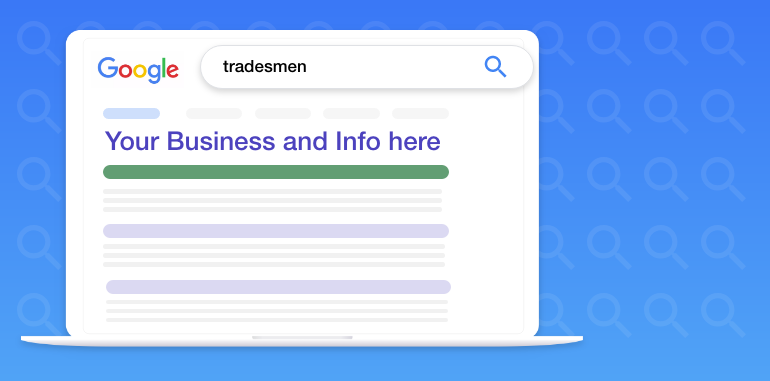
Unfortunately, search engines keep everything rather close to their chest. This is so no one can fool the system and cheat their way to the top.
Don’t worry though, there are tactics and guidelines to follow that will help naturally build your SEO. Such as:
- Pick relevant keywords. Don’t try and target everything to do with your business. Think about what it is your customers are actually going to be searching for and build your keywords around that. There are profitable benefits in targeting keywords that not many people search for. As strange as that sounds, our article on low search volume keywords will explain more.
- Don’t stuff your keywords. Trying to fit your keyword into your content, plumber, as many times, plumber, as humanly possible, plumber, doesn’t actually help your SEO. All it does is drag the quality of your content down and Google may penalise you.
- Instead, write unique, insightful and helpful content. When users are searching for something, there’s a particular answer or product they need. Your job is to give them what they want (what they really really want). It’s not only helpful for your customers – but search engines rank pages higher for doing this. That includes providing helpful links to your other pages and external sites that show authority.
- Build links in your blogs. When you create blogs, make sure to include links to strengthen your SEO. This doesn’t just include pages on your own website but also includes other relevant, high-quality sources.
- Use clear and relevant URLs. Don’t use URLs that make no sense, like www.kittens.com/dsh/aos/182947. Tell your users exactly what’s on the page and help search engine bots (or web crawlers) understand your website, with URLs like www.kittens.com/adopt/whitecats. There are also SEO benefits to having relevant keywords in your URLs. But remember not to stuff them in.
There are so many SEO tools you can use that will help get you up the rankings, here are our favourites:
Before you start, be prepared. SEO is no quick and easy solution. It takes time to see results – weeks or sometimes months. If you need further help with SEO, check out Adzooma’s SEO Performance Report for free or consider hiring an SEO agency or consultant.
5. Press releases
PR is an excellent way to share news, successes, and updates with your local communities.
This means more exposure, attention and brand awareness for you. Yay!
It can include things like:
- An exciting new product or feature launch for your company.
- New executives joining your business partnerships with other individuals or companies.
- Any events that you’re hosting or exhibiting at.
- Or even winning a prestigious award – after all, you should never be ashamed to boast about your success!
But don’t overdo it.
Not everything is worthy of PR. Before you get writing, ask yourself this one important question: is it newsworthy?
Would people who know nothing about your business be interested?
Yes? Go ahead! No? Maybe you want to just keep that one as a blog post instead.
You also want to stay up to date with the latest trends to avoid putting out bland press releases nobody wants to read. This presentation on changing trends in digital PR is a good read.

Prepared to spare some budget? Try paid advertising.
The techniques we’ve outlined are fantastic methods to promote your business.
The problem? While they’re free and easy to implement, they can take time to produce results.
If you want to see results straight away, consider to paid online advertising.
And, when it comes to PPC (Pay-Per-Click Advertising), Google Ads is one of the best places you can get started.
Why?
Because it’s a way of getting your business seen and noticed by your customers. Ads appear right at the top of search results pages and they get right to the heart of what you offer.
That means more exposure, more traffic, more conversions, and fundamentally, more sales.
PPC is nothing to be scared of. Start slow and test what works. Over time, you’ll build and optimise a campaign that’s generating high-quality leads.
Check out our PPC tag for more on paid advertising and how it can help promote your business online.
But this should be enough to get any small local business started online and bringing those customers in.
Hope that helps. All the best,
Katherine

